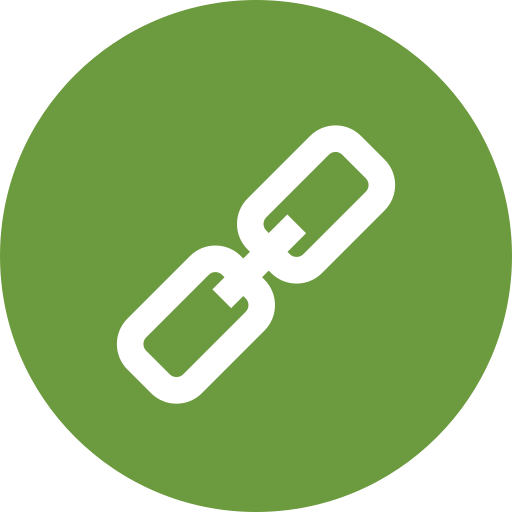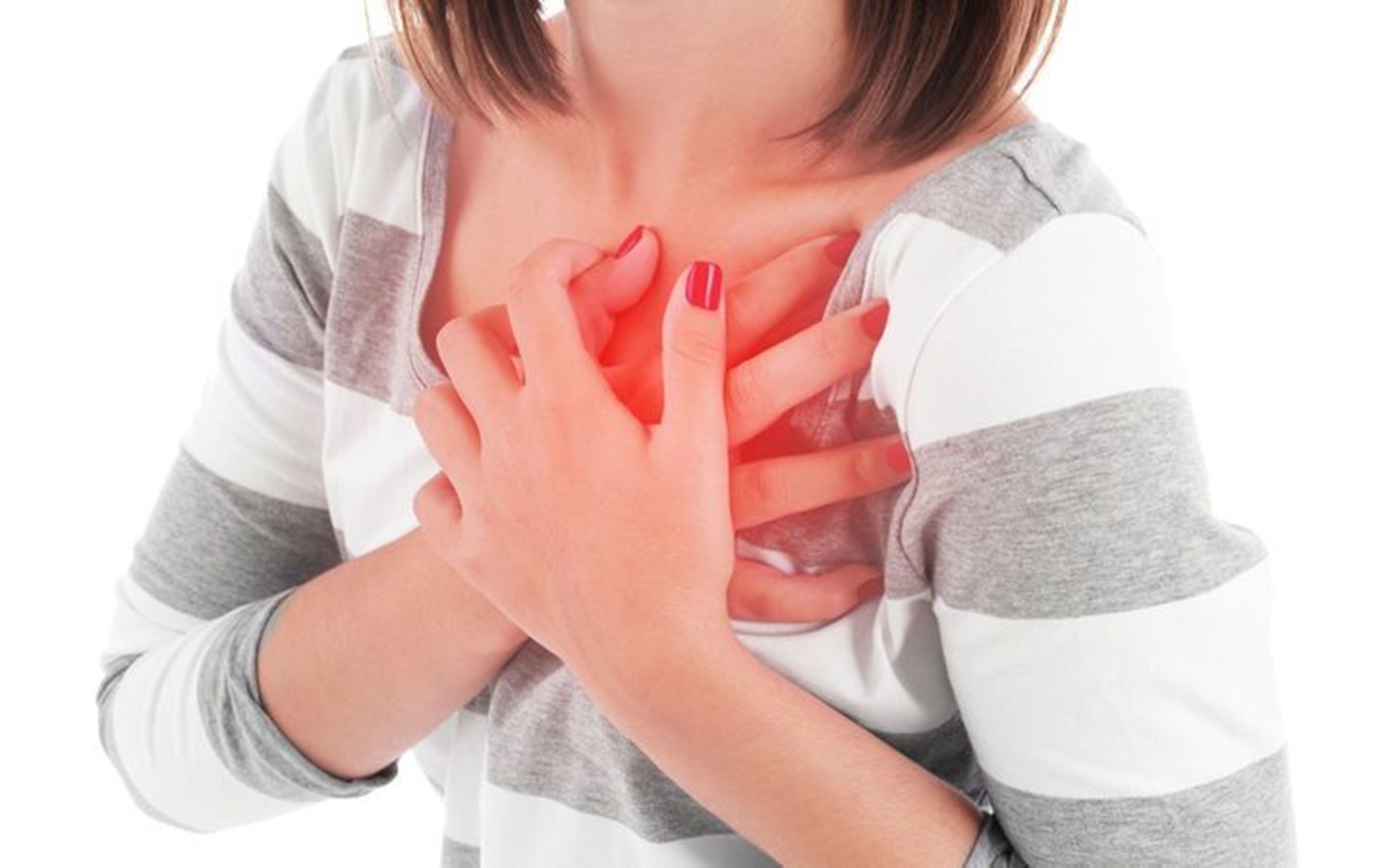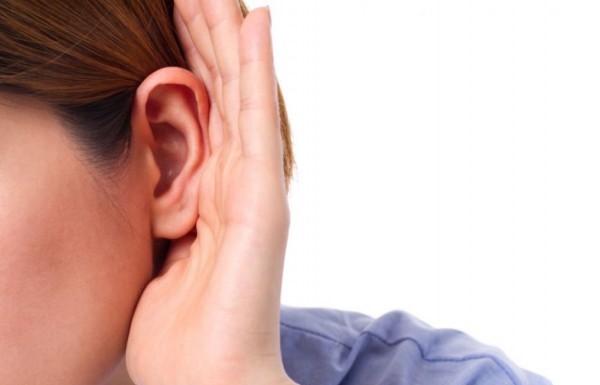| Product name | Per Pill | Savings | Per Pack | Order |
|---|---|---|---|---|
| 30 pills | $1.39 | $41.76 | ADD TO CART | |
| 60 pills | $1.01 | $22.78 | $83.52 $60.74 | ADD TO CART |
| 90 pills | $0.89 | $45.56 | $125.28 $79.72 | ADD TO CART |
| 120 pills | $0.82 | $68.34 | $167.05 $98.71 | ADD TO CART |
| 180 pills | $0.76 | $113.89 | $250.56 $136.67 | ADD TO CART |
| 270 pills | $0.72 | $182.23 | $375.85 $193.62 | ADD TO CART |
| 360 pills | $0.70 | $250.56 | $501.12 $250.56 | ADD TO CART |
| Product name | Per Pill | Savings | Per Pack | Order |
|---|---|---|---|---|
| 30 pills | $1.26 | $37.78 | ADD TO CART | |
| 60 pills | $0.88 | $22.67 | $75.55 $52.88 | ADD TO CART |
| 90 pills | $0.76 | $45.33 | $113.33 $68.00 | ADD TO CART |
| 120 pills | $0.69 | $67.99 | $151.10 $83.11 | ADD TO CART |
| 180 pills | $0.63 | $113.33 | $226.66 $113.33 | ADD TO CART |
| 270 pills | $0.59 | $181.32 | $339.97 $158.65 | ADD TO CART |
| 360 pills | $0.57 | $249.32 | $453.30 $203.98 | ADD TO CART |
| Product name | Per Pill | Savings | Per Pack | Order |
|---|---|---|---|---|
| 30 pills | $1.07 | $32.06 | ADD TO CART | |
| 60 pills | $0.75 | $18.88 | $64.11 $45.23 | ADD TO CART |
| 90 pills | $0.65 | $37.77 | $96.17 $58.40 | ADD TO CART |
| 120 pills | $0.60 | $56.65 | $128.22 $71.57 | ADD TO CART |
| 180 pills | $0.54 | $94.42 | $192.34 $97.92 | ADD TO CART |
| 270 pills | $0.51 | $151.07 | $288.51 $137.44 | ADD TO CART |
| 360 pills | $0.49 | $207.73 | $384.68 $176.95 | ADD TO CART |
Venlafaxine, a medication primarily used to treat depression, anxiety disorders, and some sleep disorders, has become a widely prescribed and effective treatment option. Available in various dosages, including 150 mg, 75 mg, and 37.5 mg, venlafaxine has been proven to improve the quality of life for individuals suffering from mental health conditions. In this article, we will delve into the world of venlafaxine, exploring its uses, benefits, and purchase options, including how to order Venlafaxine, buy Venlafaxine, and purchase generic Venlafaxine.
What is Venlafaxine?
Venlafaxine is an antidepressant medication that belongs to the class of serotonin-norepinephrine reuptake inhibitors (SNRIs). It works by increasing the levels of serotonin and norepinephrine in the brain, which helps to improve mood, reduce anxiety, and enhance sleep quality. Venlafaxine is available in various forms, including tablets, capsules, and extended-release capsules.
Uses of Venlafaxine
Venlafaxine is used to treat a range of mental health conditions, including:
- Major depressive disorder (MDD)
- Generalized anxiety disorder (GAD)
- Panic disorder
- Social anxiety disorder
- Post-traumatic stress disorder (PTSD)
Benefits of Venlafaxine
The benefits of venlafaxine include:
- Improved mood and reduced symptoms of depression
- Reduced anxiety and panic attacks
- Enhanced sleep quality
- Increased energy and motivation
- Improved overall quality of life
Purchase Options
For individuals looking to buy Venlafaxine or order Venlafaxine, there are several purchase options available. These include:
- Ordering online: Many online pharmacies offer venlafaxine for sale, allowing individuals to purchase 75 mg venlafaxine otc or order 150 mg venlafaxine with fast delivery.
- Pharmacies: Venlafaxine is available at most pharmacies, where individuals can buy venlafaxine 37.5 mg or purchase 150 mg venlafaxine with a prescription.
- Discount stores: Some discount stores offer venlafaxine at a lower price, allowing individuals to purchase discount venlafaxine.
Table: Venlafaxine Dosages and Prices
| Dosage | Price (without prescription) | Price (with prescription) |
|---|---|---|
| 37.5 mg | $20 - $30 | $10 - $20 |
| 75 mg | $30 - $40 | $20 - $30 |
| 150 mg | $40 - $50 | $30 - $40 |
Lists of Tips for Purchasing Venlafaxine
Here are some tips to consider when purchasing venlafaxine:
- Order from a reputable online pharmacy to ensure you receive genuine medication.
- Check the dosage and price before making a purchase.
- Consult with a doctor before taking venlafaxine, especially if you have a medical condition or are taking other medications.
- Follow the instructions provided by your doctor or pharmacist.
- Monitor your symptoms and report any changes to your doctor.
Lists of Common Side Effects
Here are some common side effects of venlafaxine:
- Nausea and vomiting
- Headache and dizziness
- Insomnia and sleep disturbances
- Dry mouth and sweating
- Constipation and diarrhea
Discounts and Promotions
Many online pharmacies and pharmacies offer discounts and promotions on venlafaxine, including:
- Discount venlafaxine 150 mg without prescription
- Discount venlafaxine 150 mg fast delivery
- Discount venlafaxine 150 mg with amex
- Purchase generic venlafaxine on-line
Conclusion
Venlafaxine is a highly effective medication for treating depression, anxiety disorders, and sleep disorders. With various purchase options available, including order Venlafaxine, buy Venlafaxine, and purchase generic Venlafaxine, individuals can easily access this medication. By following the tips and guidelines outlined in this article, individuals can ensure they are purchasing genuine medication and using it safely and effectively. Remember to always consult with a doctor before taking venlafaxine, and monitor your symptoms to ensure the best possible outcome.
Additional Resources
For more information on venlafaxine, including venlafaxine 75 mg order fast delivery, venlafaxine 37.5 mg buy fast delivery, and venlafaxine 150 mg purchase mastercard, please visit the following resources:
- National Institute of Mental Health (NIMH)
- Mayo Clinic
- WebMD
By providing this comprehensive guide, we hope to have informed and educated individuals on the uses, benefits, and purchase options of venlafaxine, including order venlafaxine australia, discount venlafaxine 150 mg fast delivery, and purchase discount venlafaxine on-line.
Anxiety and depression are two of the most common mental health disorders affecting millions of people worldwide. These conditions can significantly impact an individual's quality of life, relationships, and overall well-being. In this article, we will delve into the world of anxiety and depression, exploring their types, symptoms, causes, and treatment options. We will also discuss the importance of seeking professional help and provide tips on managing these conditions.
Types of Anxiety Disorders
Anxiety disorders are a group of mental health conditions characterized by excessive fear, anxiety, or avoidance of certain situations or objects. The most common types of anxiety disorders include:
- Panic Disorder: characterized by recurring panic attacks, which are intense episodes of fear or discomfort that reach a peak within minutes and include symptoms such as palpitations, sweating, and shortness of breath.
- Generalized Anxiety Disorder (GAD): characterized by excessive and persistent worry about everyday things, such as work, finances, or relationships, even when there is no apparent reason to worry.
- Social Anxiety Disorder: characterized by a fear of social or performance situations in which the person is exposed to possible scrutiny by others, such as public speaking or meeting new people.
Types of Depression
Depression is a mood disorder characterized by persistent feelings of sadness, hopelessness, and a lack of interest in activities that once brought pleasure. The most common types of depression include:
- Major Depressive Disorder (MDD): characterized by one or more major depressive episodes in a person's lifetime, with symptoms such as depressed mood, loss of interest in activities, and changes in appetite or sleep.
- Persistent Depressive Disorder (PDD): characterized by a low, dark, or sad mood that persists for two years or more, with symptoms such as feelings of hopelessness, low self-esteem, and social withdrawal.
- Bipolar Disorder: characterized by alternating episodes of mania or hypomania and depression, with symptoms such as mood swings, changes in energy and activity levels, and impulsive behavior.
Symptoms of Anxiety and Depression
The symptoms of anxiety and depression can vary depending on the individual and the specific condition. However, some common symptoms include:
- Anxiety:
- Feelings of fear, anxiety, or panic
- Rapid heartbeat or palpitations
- Sweating or trembling
- Shortness of breath or difficulty breathing
- Nausea or abdominal discomfort
- Depression:
- Feelings of sadness, hopelessness, or emptiness
- Loss of interest in activities that once brought pleasure
- Changes in appetite or sleep patterns
- Fatigue or low energy
- Difficulty concentrating or making decisions
Causes of Anxiety and Depression
The causes of anxiety and depression are complex and multifaceted. Some possible causes include:
- Genetics: a family history of anxiety or depression can increase an individual's risk of developing these conditions
- Brain chemistry: imbalances in neurotransmitters such as serotonin and dopamine can contribute to anxiety and depression
- Life events: traumatic events, such as the loss of a loved one or a job, can trigger anxiety and depression
- Personality traits: certain personality traits, such as perfectionism or low self-esteem, can increase an individual's risk of developing anxiety or depression
Treatment Options for Anxiety and Depression
Fortunately, there are many effective treatment options available for anxiety and depression. These include:
- Medications: such as antidepressants, benzodiazepines, and beta blockers, which can help alleviate symptoms of anxiety and depression
- Therapy: such as cognitive-behavioral therapy (CBT), psychodynamic therapy, and interpersonal therapy, which can help individuals identify and change negative thought patterns and behaviors
- Lifestyle changes: such as regular exercise, healthy eating, and stress management techniques, which can help reduce symptoms of anxiety and depression
Table: Comparison of Anxiety and Depression
| Condition | Symptoms | Causes | Treatment Options |
|---|---|---|---|
| Panic Disorder | Recurring panic attacks, palpitations, sweating | Genetics, brain chemistry, life events | Medications, therapy, lifestyle changes |
| Generalized Anxiety Disorder (GAD) | Excessive and persistent worry, restlessness, fatigue | Genetics, brain chemistry, personality traits | Medications, therapy, lifestyle changes |
| Social Anxiety Disorder | Fear of social or performance situations, avoidance behaviors | Genetics, brain chemistry, life events | Medications, therapy, lifestyle changes |
| Major Depressive Disorder (MDD) | Depressed mood, loss of interest in activities, changes in appetite or sleep | Genetics, brain chemistry, life events | Medications, therapy, lifestyle changes |
| Persistent Depressive Disorder (PDD) | Low, dark, or sad mood, feelings of hopelessness, social withdrawal | Genetics, brain chemistry, personality traits | Medications, therapy, lifestyle changes |
Managing Anxiety and Depression
While seeking professional help is essential for managing anxiety and depression, there are also many things that individuals can do to help manage their symptoms. Some tips include:
- Practice relaxation techniques: such as deep breathing, progressive muscle relaxation, or meditation, which can help reduce stress and anxiety
- Engage in regular exercise: which can help reduce symptoms of anxiety and depression, improve mood, and enhance overall well-being
- Connect with others: which can help individuals feel supported, reduce feelings of loneliness, and improve mental health
- Get enough sleep: which is essential for overall health and well-being, and can help reduce symptoms of anxiety and depression
- Eat a healthy diet: which can help improve mood, reduce symptoms of anxiety and depression, and enhance overall well-being
Conclusion
Anxiety and depression are complex and multifaceted conditions that can significantly impact an individual's quality of life. However, with the right treatment and support, it is possible to manage these conditions and improve overall well-being. By understanding the types, symptoms, causes, and treatment options for anxiety and depression, individuals can take the first step towards seeking help and improving their mental health. Remember, seeking help is a sign of strength, not weakness, and there is always hope for a better tomorrow.
Additional Resources
For more information on anxiety and depression, please visit the following websites:
- National Alliance on Mental Illness (NAMI): www.nami.org
- American Psychological Association (APA): www.apa.org
- National Institute of Mental Health (NIMH): www.nimh.nih.gov
References
- American Psychiatric Association. (2013). Diagnostic and statistical manual of mental disorders (5th ed.). Arlington, VA: American Psychiatric Publishing.
- National Institute of Mental Health. (2020). Anxiety disorders. Retrieved from https://www.nimh.nih.gov/health/topics/anxiety-disorders/index.shtml
- National Institute of Mental Health. (2020). Depression. Retrieved from https://www.nimh.nih.gov/health/topics/depression/index.shtml
























